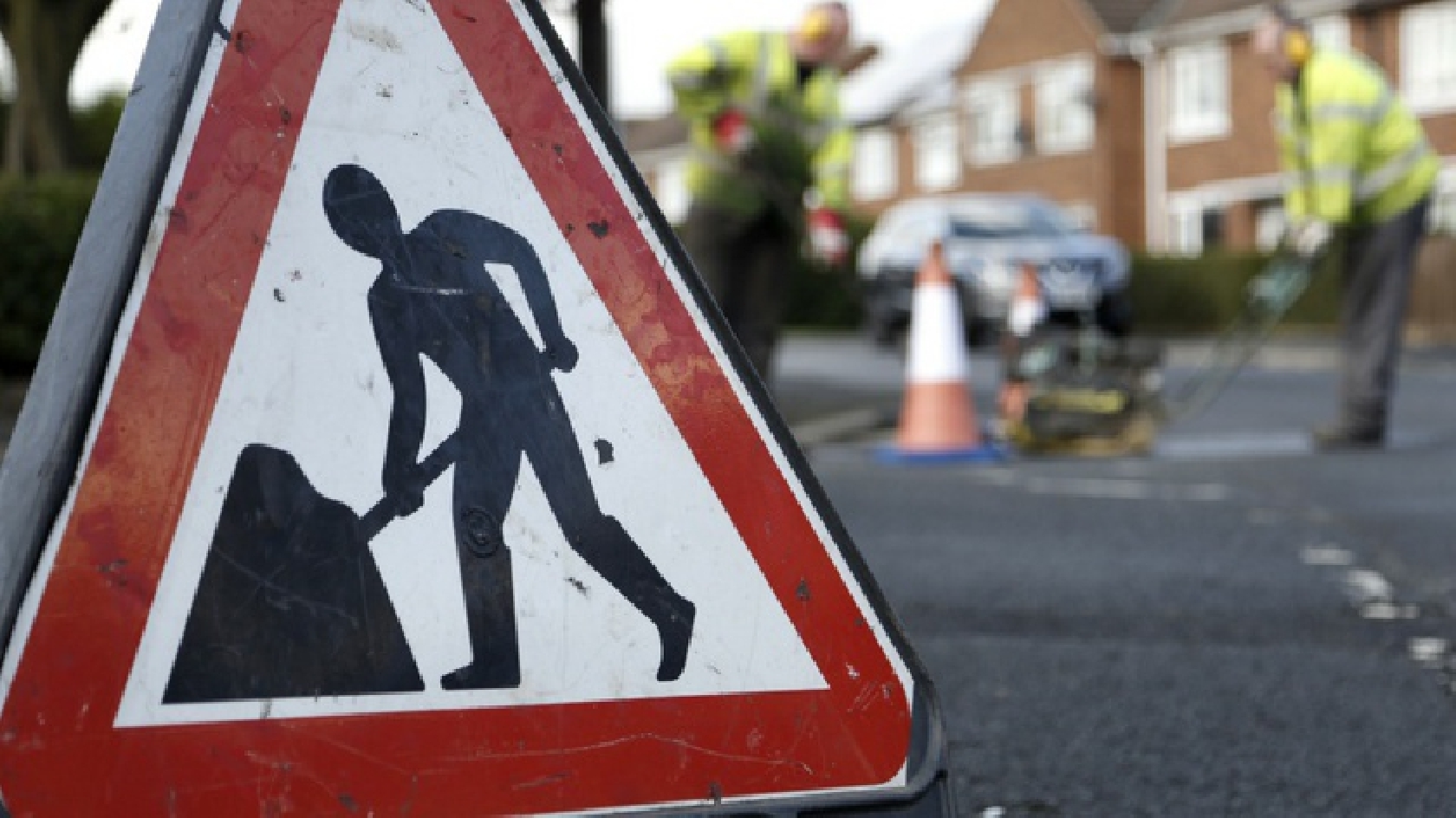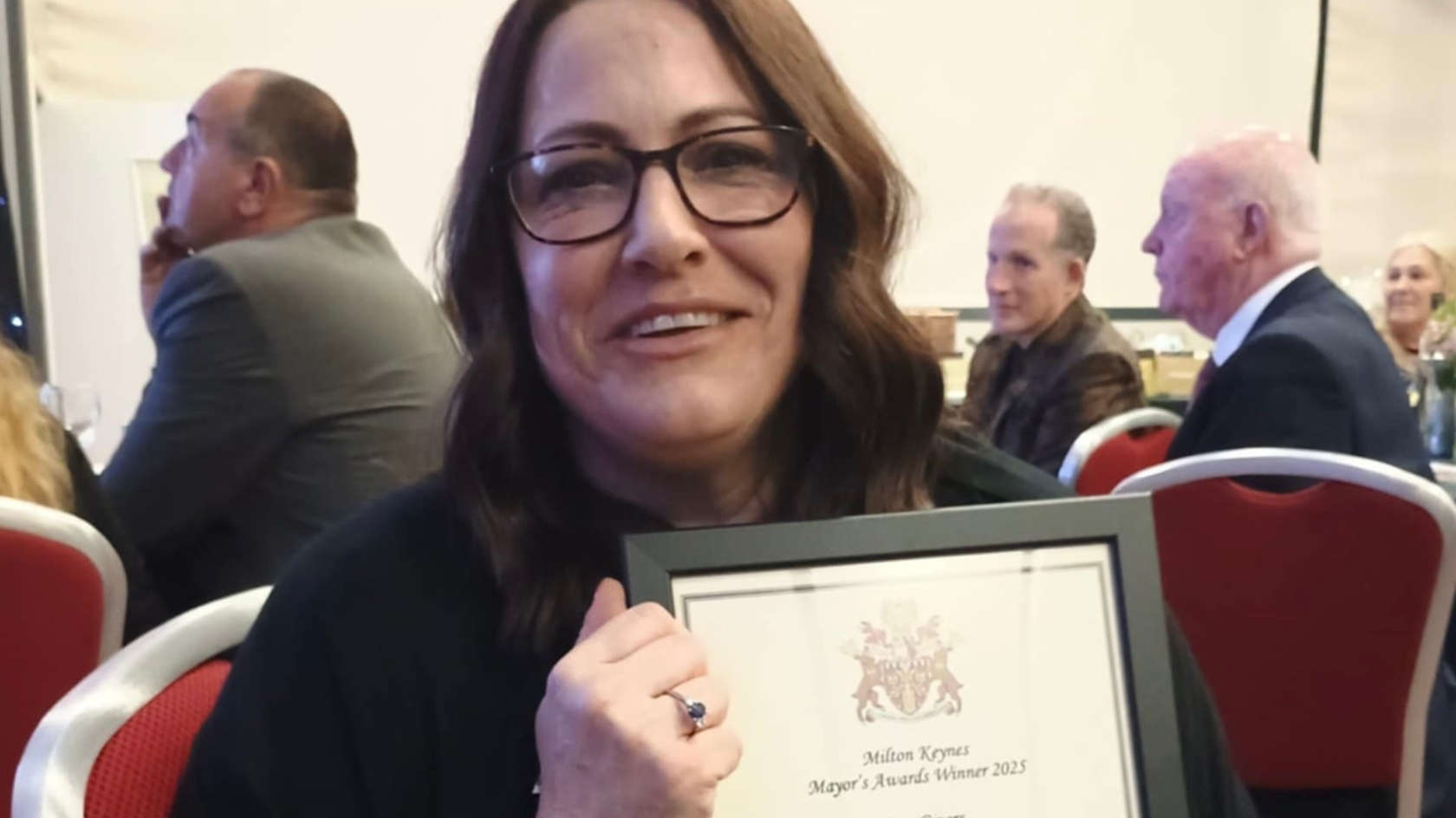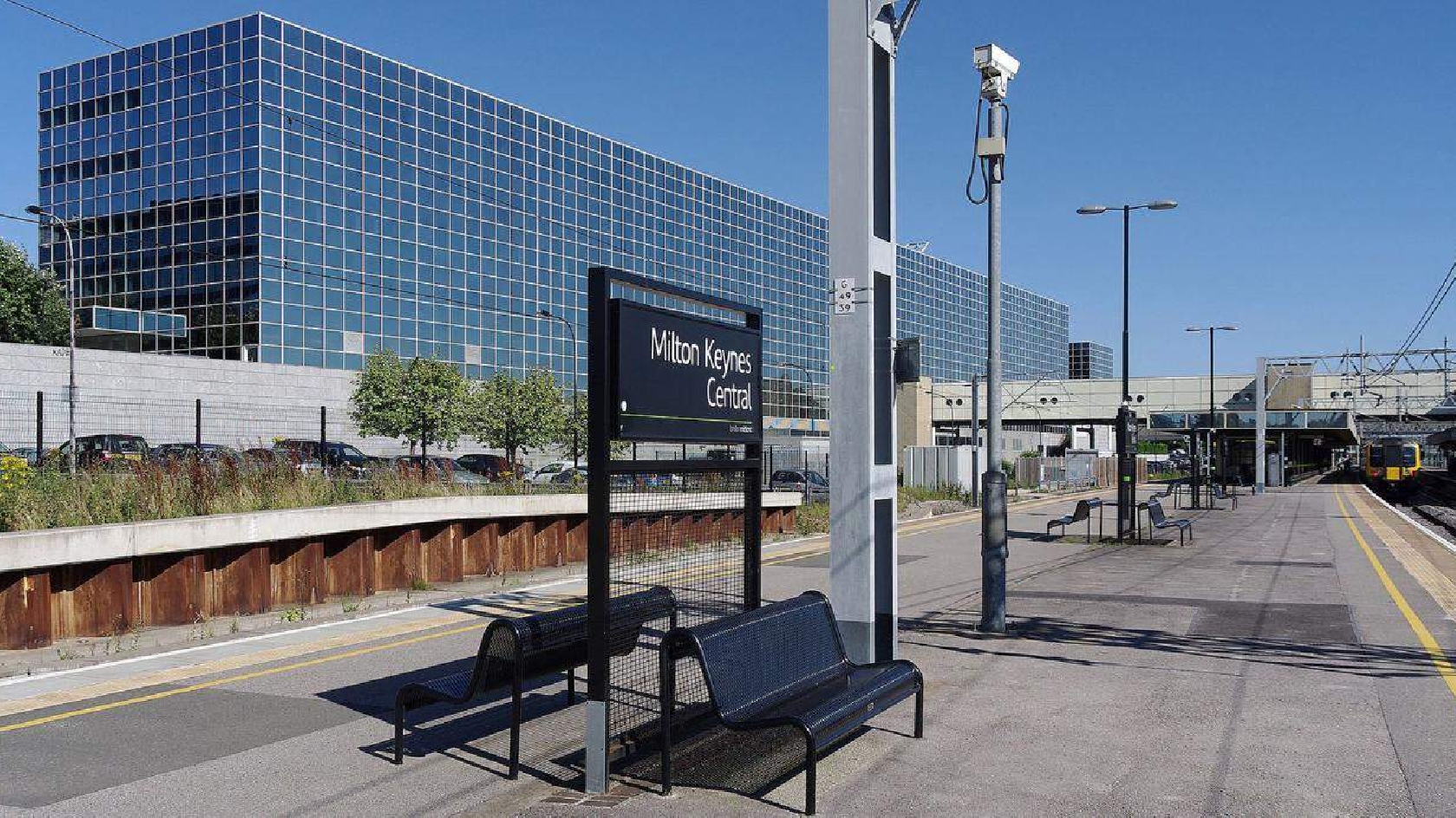
Thousands of pensioners in Milton Keynes who are ineligible for the Winter Fuel Allowance will lose their payments this year after a crucial vote in Parliament resulted in cuts to the scheme.
Yesterday, September 10, the government secured a majority of 120 (348 votes to 228) in favour of restricting the payments to only the poorest pensioners. The controversial decision was met with opposition, as 52 Labour MPs, including seven ministers, did not participate in the vote. It remains unclear how many abstained intentionally or were absent for other reasons.
The vote was called by the Conservative opposition, who proposed a motion to block the government’s plans to means-test the Winter Fuel Allowance. Labour MP Jon Trickett was the only one from his party to vote against the measure, warning that it could be a "matter of life and death" for many of his constituents.
In response to the decision, shouts of “shame” echoed in the Commons chamber. The change means that the number of people receiving winter fuel payments will fall dramatically from 11.4 million to just 1.5 million this winter, potentially leaving many elderly residents in Milton Keynes without much-needed support for heating during the colder months.
Shazna Muzammil, leader of the Milton Keynes Conservative Group, expressed disappointment at the outcome, “The vote this afternoon is hugely disappointing. The Labour Government, who were once staunch advocates for universal Winter Fuel Payments, are now opting for a restricted approach that detriments 33,000 pensioners here in Milton Keynes alongside millions of others around the country.”
Emily Darlington, MP for Milton Keynes Central, supported the government’s decision but acknowledged the difficulty of the choice.
Emily Darlington MP said, “I voted with the Government today in order to reform who receives the Winter Fuel Allowance. Absolutely nobody on my side of the House relishes this decision. I was driven into public service to give, not to take away – but, in July, the people of Milton Keynes Central said no to government by ideology. “Dire” isn’t strong enough a term to describe the fiscal inheritance this Government has received, and unlike the last one, we aren’t prepared to scarper when confronted with a £22bn black hole. This measure is putting the country before my party, and though this decision is painful, that’s never a tough choice.”
The government argues that this change, which is expected to save £1.4 billion from the welfare budget, is necessary to address the £22 billion “black hole” in public finances they claim to have inherited from the previous Conservative administration. The cuts are part of a broader effort by Chancellor Rachel Reeves to balance the nation’s budget amidst growing economic pressures.
















